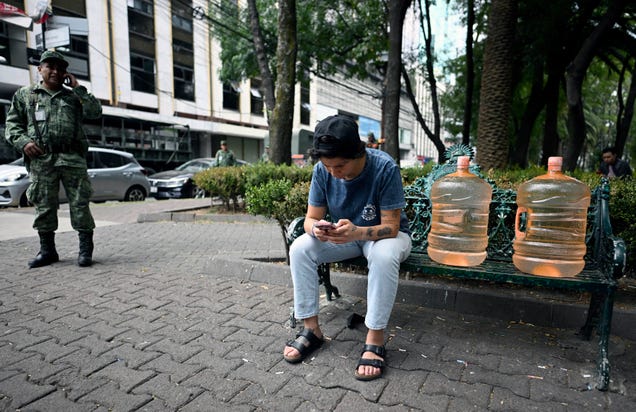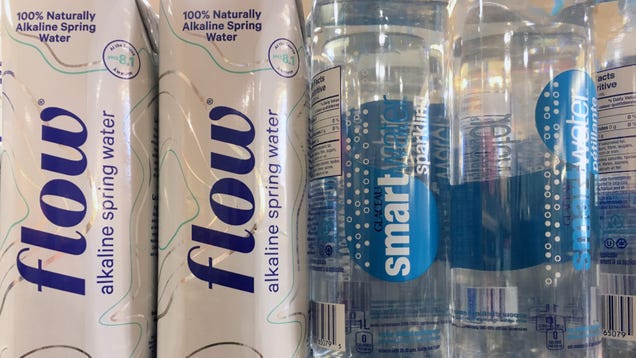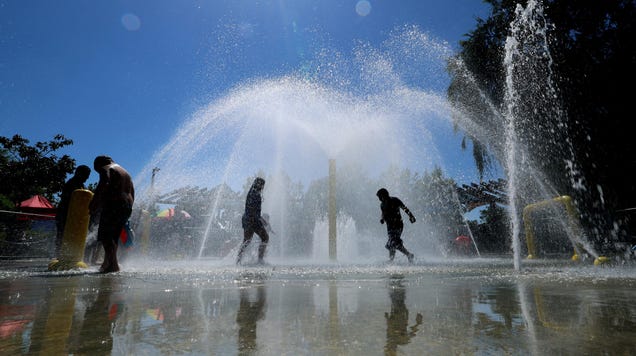Getty Images

This story was originally published by Grist. Sign up for Grist’s weekly newsletter here.

Alkaline water will improve your metabolism, boost your liver health, and even help you fight off cancer—at least according to its fans. The actual truth, however, is far more mundane. There is little good evidence for these and many other health claims attached to alkaline water, and the only thing that it’s clearly…

Rover bills itself as the most popular pet-sitting app in the U.S., with tens of millions of bookings since the service was founded in 2011. But just like other gig-economy apps such as Uber and Airbnb, Rover is offered as a technology platform rather than a direct employer of pet-sitters. And that can lead to some…

A new climate intervention strategy aims to decrease the amount of water vapor in the stratosphere by injecting it with ice-forming nuclei. The idea is that, by reducing the water content, more heat in the form of infrared radiation would leak out into space.
Jason Marz/Getty Images
AP Photo/Brian Inganga, File
Stephane Mahe/Reuters

This story was originally published by Grist. Sign up for Grist’s weekly newsletter here.

Growing up with cats could have a strange effect on your mind, new research suggests. The study, a large review of existing literature, found that cat ownership at a young age was associated with a noticeably higher risk of developing schizophrenia and related disorders—a risk possibly fueled by increased exposure to…
